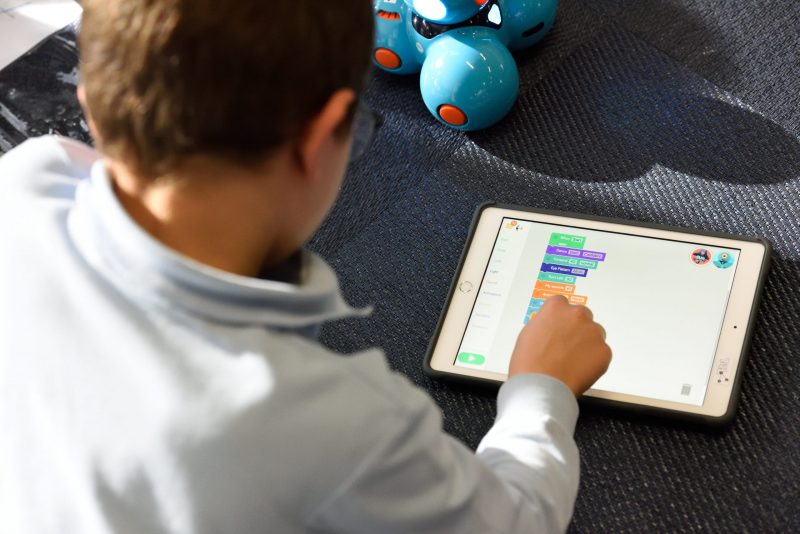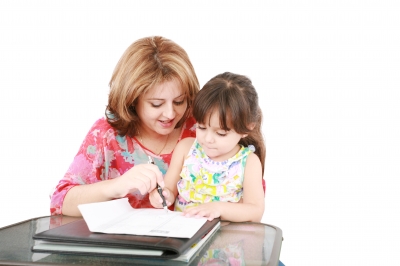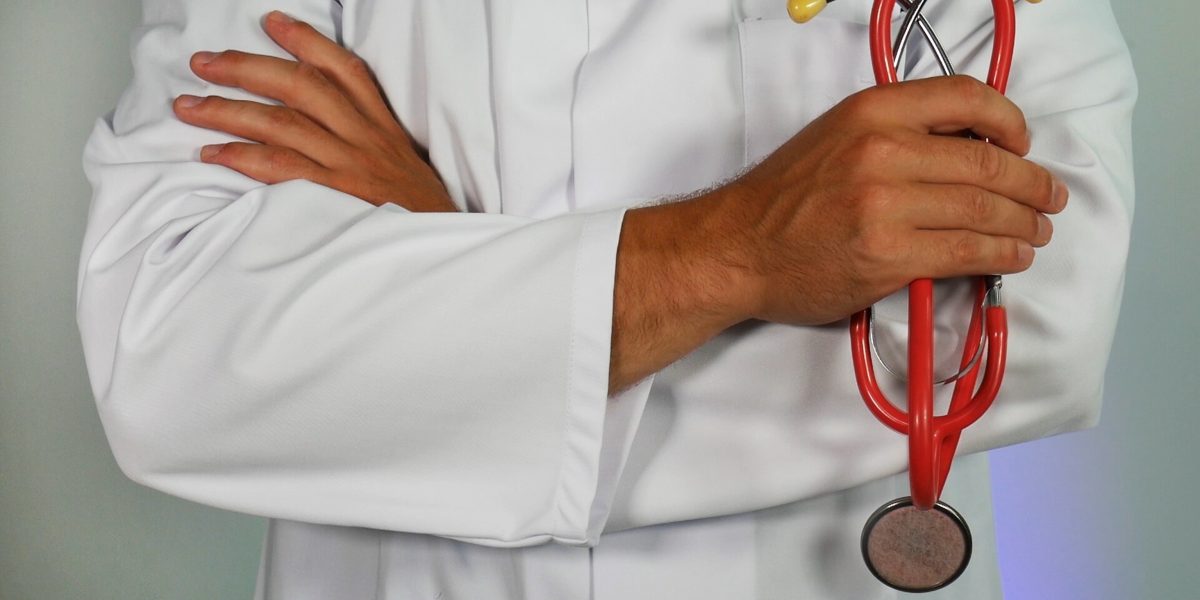
AAP Screen Recommendations Empower Parents
April 20, 2022
The Fundamentals of Special Education for Parents
May 5, 2022
When it comes to ADHD, opinions and recommendations often come from every direction, making it tough to tell who to listen to. To help cut through the clutter, we offer this summary of current AAP guidelines and local resources.
The AAP published new guidelines for diagnosis and treatment of ADHD in 2019. You can access the document yourself at AAP.org. To be diagnosed with ADHD: Inattentive or Combined presentation students must display deficits in more than 1 setting. For children the setting could be home, school or social relationships. ADHD is the most common neurobehavioral disorder of childhood, affecting emotional adjustment, academics and friendships. According to AAP 1 in 3 children with ADHD are diagnosed before age 6. Half of the children are diagnosed by their Primary Care Clinician. Symptoms persist into adulthood, especially those related to Inattention. It is common for students to exhibit challenges in learning. The AAP states that retention in grade is not beneficial for the child.
The AAP’s position is that ADHD must be viewed as a chronic medical condition, like Asthma. Treatment, then, happens in the child’s environment (home, school, clubs, teams) as well as in a “medical home”. If treatment is not maintained over time, productivity in school, social relationships and emotional adjustment will suffer. Research has demonstrated that, as adults, individuals with ADHD are at risk for difficulty in maintaining relationships, problems on the job and have a higher rate of motor vehicle accidents.
The AAP guidelines recommend that Pediatricians try psychostimulant medication for their patients with ADHD. Medication should be accompanied by parent training in behavior management and behavioral support at school. At school, the student might have a 504 plan or Student Services Plan. Parent Training and School Support have the most impact if implemented before the student reaches age 12. The purpose of behavioral support in school and at home is to help the student meet behavior expectations across various settings.
Where can parents get this training? “Understanding and Managing ADHD in Children from ages 6 through 12” is available at The Center for ADHD at Cincinnati Childrens’ Hospital Medical Center (513-636-4336 option 1,1). Another option for parents is to seek Parent - Child Interaction Therapy (PCIT) through Psychologists in the community who have specialized training in this type of treatment.
Finally, AAP does not recommend the following non medical treatments as there is little evidence of benefit to the family or student: mindfulness, cognitive training, EEG biofeedback or supportive counseling. There have been no controlled studies using Cannabis Oil as a treatment for ADHD. Pharmacogenetic testing is not recommended by the AAP due to lack of scientific evidence at the current time.




